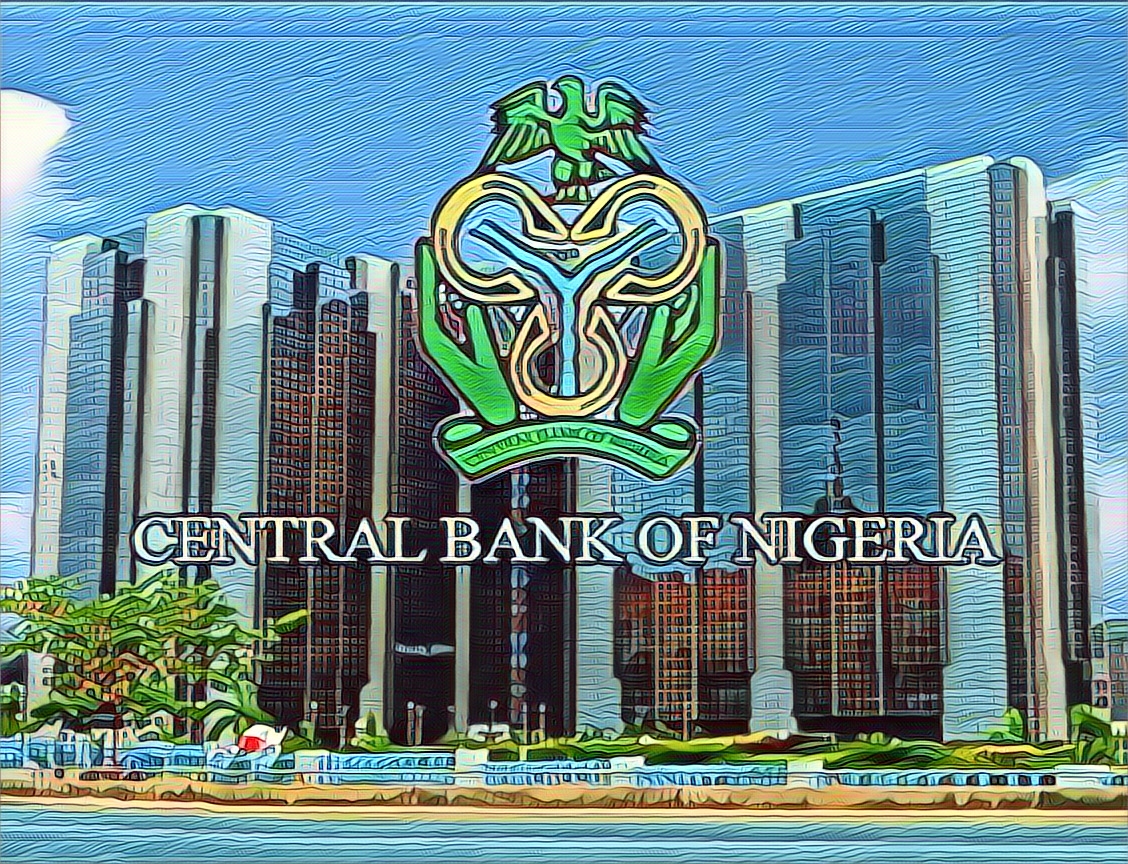Nigeria’s central bank has delayed its monetary policy meeting for the second time in a row, leaving investors in the dark about its plans to tackle inflation and foreign exchange challenges.
The Monetary Policy Committee (MPC), which sets the benchmark interest rate and other key parameters, was supposed to meet this week, but the meeting was postponed without any official explanation. The MPC has not met since July, when it raised the interest rate by 25 basis points to 18.75 per cent.
The postponement comes amid a backlog of foreign exchange demand worth several billions of dollars, which the central bank has been trying to clear since September. The central bank governor, Olayemi Cardoso, had announced plans to inject about $7 billion into the foreign exchange market, with the support of the finance ministry, which expected to receive $10 billion from various sources.
However, the foreign exchange situation remains tight, as the naira has depreciated by more than 10 per cent against the dollar since the beginning of the year. The scarcity of dollars has also affected the importation of essential goods and raw materials, putting pressure on inflation, which hit 19.7 per cent in October, the highest level since 2004.
Investors and analysts have been looking forward to the MPC meeting for signals on how the central bank will address these economic challenges, as well as the impact of the policy reforms initiated by President Bola Tinubu in June. Tinubu, who took office after winning the 2023 election, has pledged to diversify the economy, improve infrastructure, and create jobs.
Some economists had predicted that the MPC would raise the interest rate by as much as 325 basis points to curb inflation and attract foreign investors. Others had hoped that the MPC would provide clarity on the foreign exchange regime, which has been criticised for being opaque and inefficient.
The central bank’s silence has frustrated the market players, who have expressed their dissatisfaction and confusion. Some have attributed the delay to the newness of the governor and his deputies, who were appointed in September. Others have speculated that the central bank is waiting for the arrival of the expected foreign exchange inflows before making any decision.
The postponement of the MPC meeting has also affected the performance of the financial markets, especially the equities and bonds markets, which have witnessed low activity and volatility. The Nigerian Stock Exchange All-Share Index, which measures the value of listed shares, has declined by 3.2 per cent since the beginning of the year, while the yields on government bonds have risen to as high as 17 per cent.
The market’s primary need is assurance and insight into the new administration’s plans to boost investor confidence and economic growth. The central bank’s communication strategy needs to improve, as the MPC meeting is a vital tool for policy signalling and transparency.
Despite the uncertainty and challenges, some analysts remain optimistic that the central bank will eventually hold the MPC meeting and announce its policy stance. They also believe that the government’s reforms will yield positive results in the long run, as Nigeria has the potential to become one of the leading economies in Africa and the world.
Source: BusinessDay


